Goethermal vs. solar water heater efficiency
jj_qqqqq
14 years ago
Related Stories
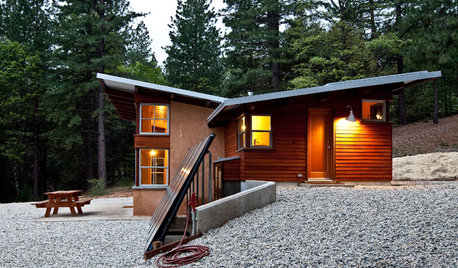
GREAT HOME PROJECTSHow to Add a Solar Water Heater
Lower energy bills without a major renovation by putting the sun to work heating your home’s water
Full Story
GREAT HOME PROJECTSHow to Switch to a Tankless Water Heater
New project for a new year: Swap your conventional heater for an energy-saving model — and don’t be fooled by misinformation
Full Story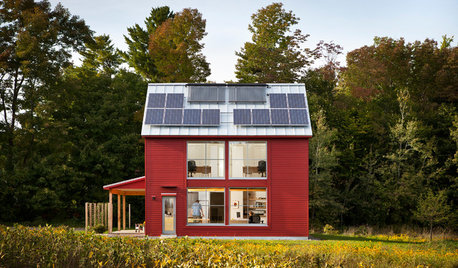
GREEN BUILDINGGoing Solar at Home: Solar Panel Basics
Save money on electricity and reduce your carbon footprint by installing photovoltaic panels. This guide will help you get started
Full Story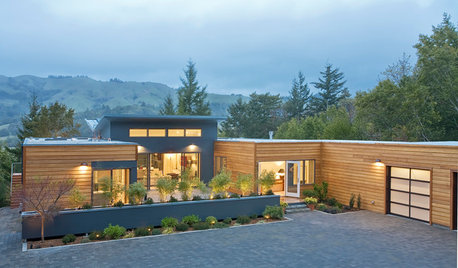
GREEN BUILDINGEfficient Architecture Suggests a New Future for Design
Homes that pay attention to efficient construction, square footage and finishes are paving the way for fresh aesthetic potential
Full Story
ARCHITECTUREHouzz Tour: High Efficiency for a Modern Riverside Cabin
With an insulating green roof, savvy material use and a smart design, this home in the woods wastes not in a beautiful way
Full Story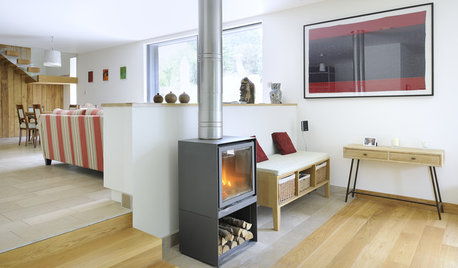
GREEN BUILDINGHouzz Tour: Efficiency Comes Into Play in the English Countryside
This light and airy family home in Hampshire was constructed using local materials and is packed with eco-friendly features
Full Story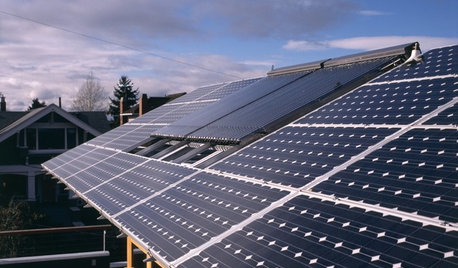
GREEN BUILDINGLet’s Clear Up Some Confusion About Solar Panels
Different panel types do different things. If you want solar energy for your home, get the basics here first
Full Story
HOUZZ TOURSHouzz Tour: Zero-Energy Renovated Victorian in San Francisco
A 1904 home that's entirely energy efficient? Yes, courtesy of solar panels, radiant heating and water reclamation
Full Story
GREEN BUILDINGSunlight Used Right: Modern Home Designs That Harness Solar Power
Embracing passive heating principles through their architecture, siting and more, these homes save energy without skimping on warmth
Full Story
SAVING WATER11 Ways to Save Water at Home
Whether you live in a drought-stricken area or just want to help preserve a precious resource, here are things you can do to use less water
Full StorySponsored






fsq4cw
fsq4cw
Related Professionals
New Canaan Solar Energy Systems · Sanger Solar Energy Systems · Tarpon Springs Solar Energy Systems · Wildomar Solar Energy Systems · Angleton Home Builders · Conroe Home Builders · Fruit Heights Home Builders · Hutto Home Builders · Lake Worth Home Builders · Lansing Home Builders · Waimalu Home Builders · Boise Roofing & Gutters · Milton Roofing & Gutters · Dunwoody Roofing & Gutters · Wilton Manors Roofing & Gutterssolargary
lynchnik
amerillove